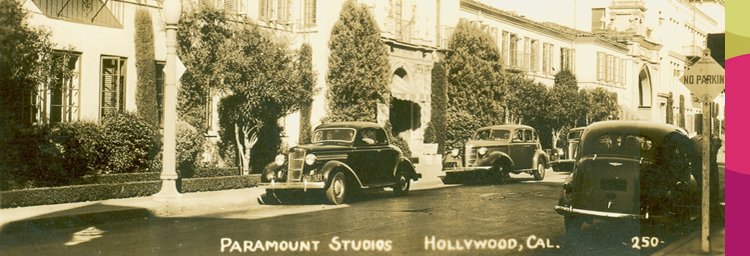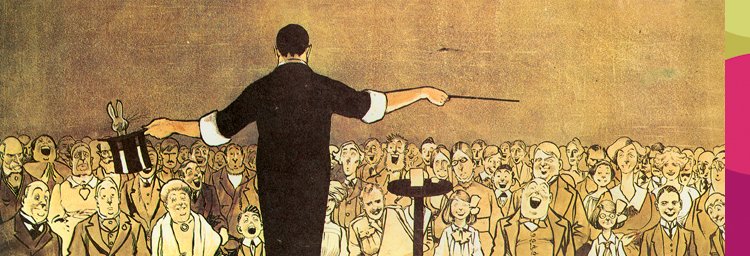In this second edition of Television Monograph, Garnham sees his book as a theoretical piece that is part of a major debate that took place in 1976, concerning the revision of the structures of British broadcasting. By refuting a Marxist approach, the author argues that ideology comes before the means that transmit it and legitimise it. In this perspective, he stresses the importance of understanding how media works, in order to assure that it is "under full social control". There is a detailed analysis of the legal terms under which the broadcasting services in Britain were created, the responsibilities that the broadcasters have, and the issues that emerged with independent television (offering competitive programmes vis-à-vis an interest in profit). As well, Garnham summarises the main points of the debate about changing the broadcasting structures of British TV (with regard to political and commercial freedom), before explaining how the broadcasting institutions in the UK function, how the relationship between British media and its audiences works, and which were the available options for restructuring the broadcasting services. The book finishes with a postscript for the second edition which explains why the expected renovation of the system did not come into being, and critics the Open Broadcasting Authority that the Annan Committee presented at the time. Besides, the author explains what is needed to make the broadcasting system more capable of interplaying with conflicting interests.
| Item number | 98710 |
|---|---|
| Category | Book |
| Type | Film and TV |
| Language | English |
| Country of origin | UK |
| Related people | Nicholas Garnham (Author) |





